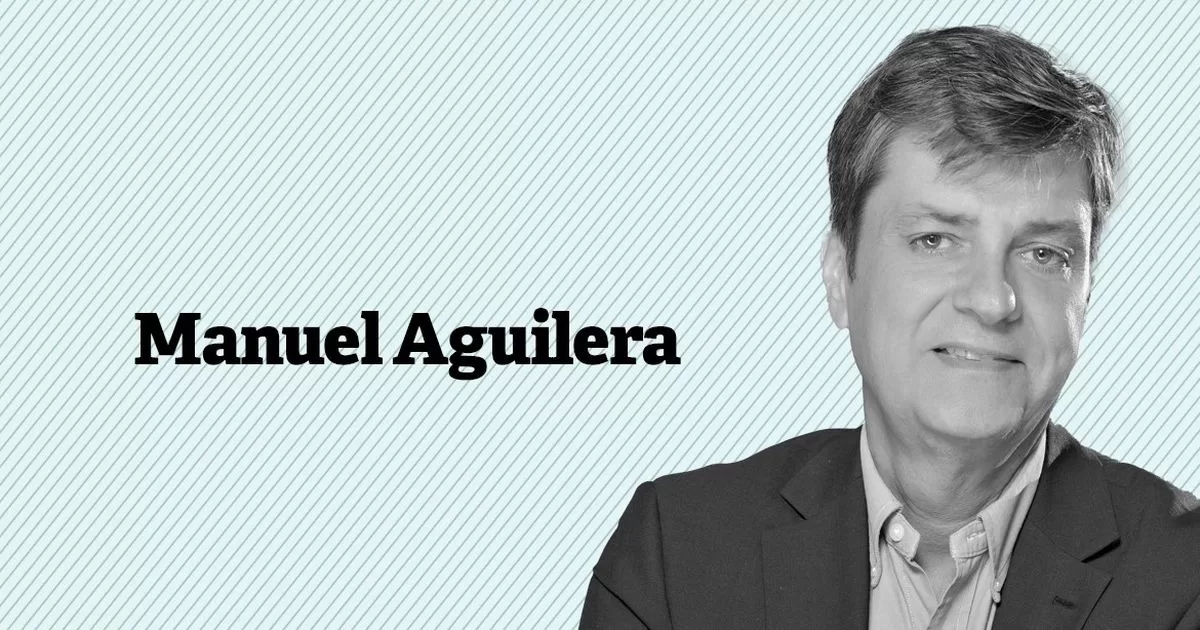Lithium, cobalt, rare earths: experts warn of raw material shortages at German companies
In order to secure our prosperity, Germany and Europe are fighting for critical raw materials. Our dependency is great, bottlenecks and price increases are imminent. We even need the raw materials for the energy transition.
Lithium, cobalt, nickel: If there is one man in Germany who knows about urgently needed raw materials, then it is Peter Buchholz. The head of DERA, the German Raw Materials Agency, and his almost 25 experts constantly analyze the international markets: Where are which substances extracted, who are the largest buyers, where are bottlenecks and dangerous concentrations looming?
To this end, DERA geologists travel to exploration projects and mines all over the world and advise local companies on the need, procurement and storage of raw materials.
“The scarcity of raw materials will become a central challenge for the economy in the future”
So it carries a lot of weight when Buchholz warns of raw material shortages at German companies: “The shortage of raw materials will become a central challenge for the economy in the future.” The risk of drastic supply shortages or drastic price increases is growing, says Buchholz.
Until a few years ago, collieries and mines were firmly established in the German economy, but the picture has changed radically by the end of 2018 at the latest with the closure of the last German colliery in Bottrop. Today, according to DERA, around 80 percent of international mining is concentrated in just 15 countries. China alone accounted for 14.5 percent of the total value of mine production in 2019.
“The concentration of global raw material production is alarming,” says Buchholz. Refined production, i.e. the further processing of raw materials once they have been mined, is even more critical: China accounted for 48.1 percent of the production value in 2019. “The market concentration is considerably higher than, for example, in the case of oil,” warns Buchholz.
Also in the current FOCUS magazine
+ Pope Benedict XVI: Memoirs of the German Pope
+ Duels 2023: Who against whom and what will become of the turning point?
+ Narco-paradise Netherlands: A criminal report
Click here for the current magazine
Lithium, magnesium, silicon or rare earths: China and the USA are reporting increasing demand
This is now becoming a problem, above all, because countries like China, but also others like the USA, are reporting increasing demand – for precisely those materials such as lithium, magnesium, silicon or rare earths on which Germany is also massively dependent due to the energy and mobility transition is.
Most recently, the war in Ukraine and the tensions between China and Taiwan have laid bare the dependencies. The failure of individual raw materials could paralyze entire branches of industry, warns DERA boss Buchholz.
The Federal Ministry of Economics is drawing consequences from the situation and is striving for greater independence from foreign raw materials. Economics Minister Robert Habeck intends to present a new raw materials strategy in the first quarter of the new year. Their aim should be above all to increase the number of suppliers and supplying countries for particularly critical substances and, in special cases, to set up state-sponsored storage facilities.
Find power guzzlers at home – this is how it works
Anyone who knows which devices at home consume how much electricity can make targeted savings. Our e-paper shows which devices consume how much electricity for all common household appliances, from ovens and stoves to refrigerators and washing machines to TVs and WLAN routers. There are also a number of instant power-saving tips.
The expansion of wind energy in Germany will require around 5,500 tons of rare earths by 2030
DERA boss Buchholz also calls for functioning supply chains for the success of the energy transition. “The demand for raw materials for the energy transition will be enormous,” said Buchholz. “For many raw materials and intermediate products that we urgently need for this, we depend on functioning supply chains – and on countries exporting them in sufficient quantities.”
The DERA experts took a closer look at the demand for the expansion of wind and solar energy in Germany by 2030. In addition to several million tons of steel and concrete, for example for wind farms, rare raw materials are also required. Above all, the supposedly small items are considered critical. The expansion of wind energy in Germany will require around 5,500 tons of rare earths by 2030. “German companies are fighting for shares in a tight market,” says Buchholz.
In addition to the procurement and safeguarding of critical raw materials, the federal government is therefore focusing on an area that has received little attention for too long: recycling, in particular, of electrical items and their extraction should play an important role in Habeck’s new strategy.


